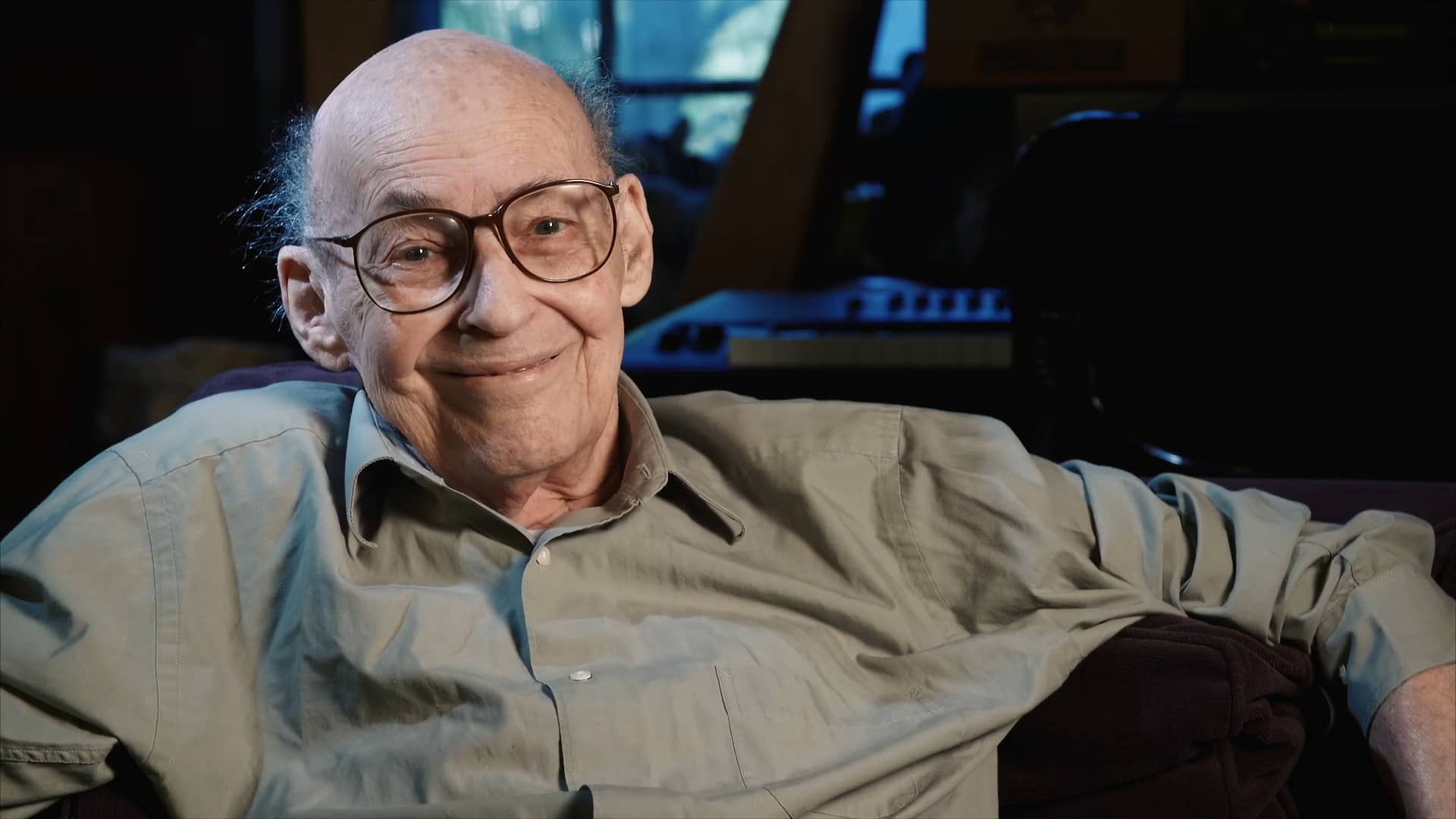Marvin Minsky, the midpoint between man and machine, passes away

I can’t help but notice there are a lot of “M’s” in that sentence. I notice things like that, and things like why I prefer certain types of food, or music, or cars, or houses, or movies, or why I use certain phrases, or why I find myself using the very same phrases my dad uses, or why I tend to be very animated with my hands like my uncle, or what I find humorous or sad or strange…I think about those things because they are what make me human, and because they can differ so much from others.
Machines don’t do any of that, at least they didn’t in times past, however today things are different. Now, machines can learn, pseudo-empathize, adapt to environments, however as is often the case, while we barrel forward in the search for what is pseudo-oxymoronically referred to as artificial intelligence, with exploding research in deep learning and neural networks, and apparently no one questioning whether we should, we forget how we got to this point and what the true challenges are that lay ahead.
But some knew.
Today, Marvin Minsky has passed away, and like so many other pioneers his name is not one known to the general public, but he was, for all intents and purposes, the originator of the idea of artificial intelligence. Not the first, mind you, but the one who really started the field forward. He was a great futurist thinker like Carl Sagan and Isaac Asimov, however he focused his background in mathematics into the development of neural networks and artificial intelligence. He founded MIT’s Computer Science and Artificial Intelligence Laboratory (CSAIL) and all the way back in 1952 developed what may very well be the first automated machine capable of learning, the SNARC (using vacuum tubes, no less, the only way it could be done at the time).
Like Ada Lovelace, Charles Babbage, Grace Hopper, Alan Turing, and the many other pioneers in the fields of computer science and technology, Marvin Minsky is one of the originals who saw where it was and where it could be, and helped get it there. Sad that right as we are beginning to see exponential leaps in AI development he passes away, but he lived a long, rewarding, accomplished life, and he clearly saw where the future was heading, just as he did back in the 1940s.
In fact, it occurred to me that there was no way I could sum his lifetime of accomplishments and contributions in this one post, and it’s pretty clear I ended up just throwing it together haphazardly. I encourage you, therefore, to visit his obituary page on CSAIL’s site, and you will see how important, influential and forward thinking he was.
